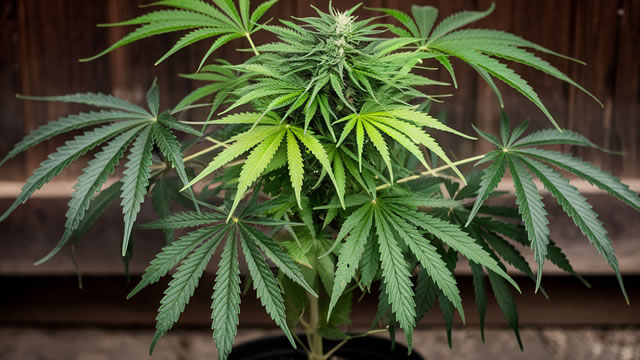The Impact of Tariffs on the Cannabis Industry: A Ripple Effect
As the cannabis industry continues to evolve, it faces new challenges with the implementation of tariffs on imported goods. This policy change may create a ripple effect throughout the industry, impacting various aspects from production costs to market prices and even marijuana stocks.
Increased Production Costs
One of the most significant impacts of tariffs on the cannabis industry is the increase in production costs. Imported materials, such as hydroponic systems, lighting equipment, and other growing supplies, may become more expensive for growers. For instance, hydroponic systems, which are essential for large-scale, indoor cultivation, may see a significant price hike if tariffs are imposed on their imported components.
Market Price Fluctuations
The increase in production costs may eventually lead to market price fluctuations. Growers who rely on imported materials may need to pass on these increased costs to consumers, leading to higher prices for cannabis products. On the other hand, growers who can source their materials domestically may benefit from lower production costs and potentially undercut their competitors.
Marijuana Stocks
The cannabis sector has been down for some time, and the implementation of tariffs may further impact marijuana stocks. Companies that rely heavily on imported materials for their operations may face increased production costs, potentially leading to lower profitability and decreased stock value. Conversely, domestic growers and suppliers may see an increase in demand for their products and services, potentially boosting their stock value.
Effects on Consumers
The ultimate impact of tariffs on the cannabis industry may be felt by consumers. Higher production costs and market price fluctuations could lead to more expensive cannabis products. However, it’s important to note that the industry is still evolving, and other factors, such as changes in demand and supply, regulatory policies, and technological advancements, may also influence market trends.
Effects on the World
The impact of tariffs on the cannabis industry is not limited to the United States. Countries that export cannabis-related products to the U.S. may also be affected. For instance, Canadian companies that export hydroponic systems, lighting equipment, and other growing supplies to the U.S. may face increased competition from domestic suppliers if tariffs are imposed on their products.
Conclusion
The implementation of tariffs on imported goods in the cannabis industry may create a ripple effect, impacting various aspects from production costs to market prices and even marijuana stocks. While the ultimate impact remains to be seen, it’s clear that growers, suppliers, and investors will need to adapt to these changing market conditions. Consumers may also feel the impact through higher prices for cannabis products. As the industry continues to evolve, it will be essential to stay informed about regulatory policies, technological advancements, and other market trends that may influence the cannabis sector.
- Tariffs on imported cannabis-related goods may increase production costs for growers.
- Higher production costs may lead to market price fluctuations.
- Marijuana stocks may be impacted based on a company’s reliance on imported materials.
- Consumers may face more expensive cannabis products.
- Countries that export cannabis-related products to the U.S. may face increased competition from domestic suppliers.





